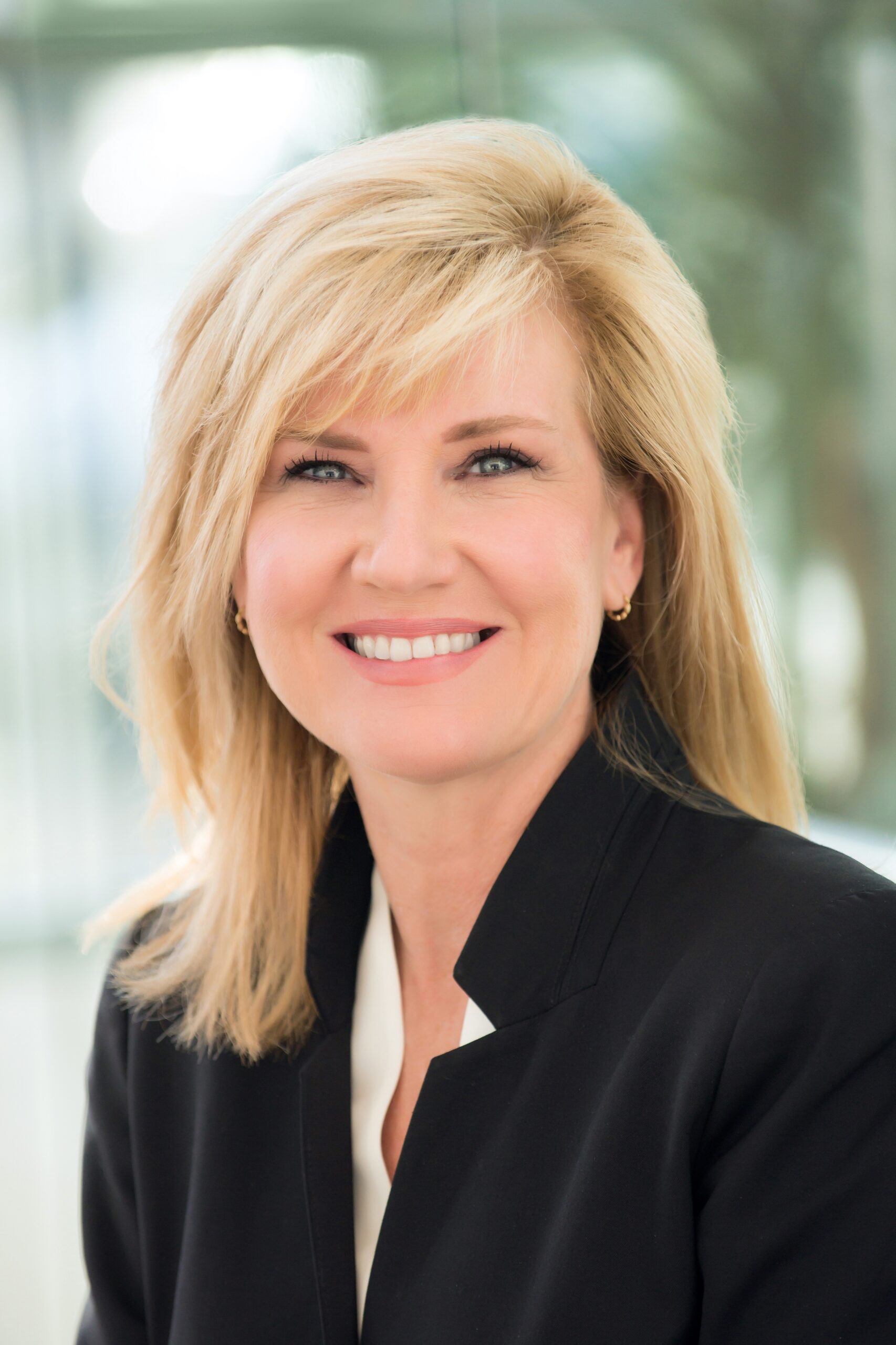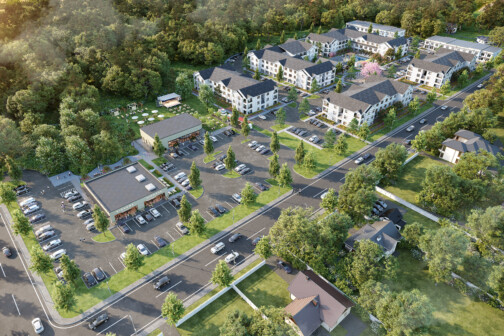The commercial real estate market is prone to cycles of strength and weakness and periods of growth and decline. There are booms, bubbles, and busts. Successes don’t come easy, short-term gains don’t just happen, and long-term stability isn’t a matter of chance.
2022 marks Jackson-Shaw’s 50th year in business. While much has changed since 1972, our mission has remained the same: Identify and develop exceptional real estate opportunities, thereby creating distinctively designed environments where people and companies thrive.
In many ways, the modern real estate market came into being during the early 1970s. Despite the Vietnam War, two recessions, and the oil crisis, demand outpaced supply. Also, the market was driven by a new breed of innovators and entrepreneurs with access to private capital. The early 1980s saw another pair of back-to-back recessions, prime rates rising to nearly 20%, and bank lending practically disappearing. Savings and loans and other thrift insolvencies accelerated at an alarming rate by 1989. By the mid-1990s, an improved economy softened the blows of the previous excesses, and confidence rebounded.
Despite the tech bubble in 2000, the 9/11 terrorist attacks, and the wars in Iraq and Afghanistan, the early to mid-2000s were a time for renewed optimism and resiliency in commercial real estate. Then, in 2008, the real estate bubble burst again mostly because of defaults on home mortgages insured by Fannie Mae and Freddie Mac.

Today we’re again doing business at a special time. Dallas-Fort Worth metroplex economic growth indicators range from good to great. Every commercial real estate sector has seen recovery, some more than others, from COVID-19 and pandemic-induced shutdowns.
The last five decades have shown that the market always bounces back. And during this time, the industry has become more professional, diversified and data-driven. The Greek philosopher Heraclitus said, “Change is the only constant in life.” Undoubtedly, the changes made for COVID-19 aren’t going away anytime soon. Yet, such change gives us a runway for preparation, innovation, and renewal.
To ensure long-term success, I’ve found that we must continually examine the past and envision the future. The analysis of the past should include every aspect of your business, including strategy, trends, finances, marketing, human resources, and technology. Be aware of strengths and weaknesses, what has and hasn’t worked and what would be different if you could do it over.
There are five common building blocks to succeeding in business in the long term.
Look for what’s coming next. The most successful business leaders envision a brave future and make it happen. Solid leadership takes us on journeys to places we’ve never been. Jackson-Shaw’s Chairman, Founder, CEO Lewis W. Shaw, II, has always been such a pioneer – venturing into unexplored territory, moving forward and accepting the challenge of change. On a much larger level, consider the mighty forces of business disruptors like Amazon, Uber, Zoom, Tesla, Airbnb, Netflix, video streaming, and 3D printing.
Know what makes you unique. Find your niche in commercial real estate – multifamily, office, industrial, retail, hotels, mixed-use, land or special purpose (medical, churches, self-storage, amusements, etc.) This is especially important in competitive, crowded and top-performing markets like Dallas/Fort Worth, Austin, Seattle, Salt Lake City, Las Vegas, Phoenix, Tucson, Nashville, and Raleigh/Durham. Since its founding, Jackson-Shaw has developed more than 62 million square feet in industrial, hotels, and residential projects.
Be resilient and adaptable. Charles Darwin’s popular “survival of the fittest” concept doesn’t mean the quickest, strongest or smartest life-forms; instead, it refers to adapting to the ever-changing world. Surround yourself with creative, wise, good and honest people, and remarkable things will happen. Immeasurable energy is unleashed when such thinking and empowerment are done right.
Provide quality service and products to produce positive growth. Long-term business success relies on steady growth. Face it: if you’re not growing, you’re giving away market share to more adventurous competitors. Deliver what’s promised. Make client, customer, partner, and vendor satisfaction a top priority, and follow up where it counts. Research of 3,000 businesses by the Strategic Planning Institute shows that as quality service increases, so does market share, business retention, profitability, and employee loyalty.
Take care of yourself and your team. Stress is inevitable, and ongoing self-care is the much-needed counterpart. A study by the U.S. Travel Association shows that 212 million vacation days are forfeited annually, with a whopping 52% of employees having unused vacation days. Work/life balance, proper nutrition, hydration, exercise, rest and sleep are vital. Also, not surprisingly, according to the Limeade Institute, retention soars when employees know employers care. Research shows when employees feel cared for: 60% plan to stay at their company for three-plus years, 90% say they’re likely to recommend their organization as a great place to work, 94% say they have well-being in their life, and 50% say their stress is manageable.
Is your business strategy built for long-term success? We can’t predict the future, but we can shape it and prepare to seize the infinite possibilities ahead. The strategies, best practices, and values reflected in these five building blocks are what it will take for businesses to win in commercial real estate for the next 50 years.
Michele Wheeler is president and COO for Jackson-Shaw.





